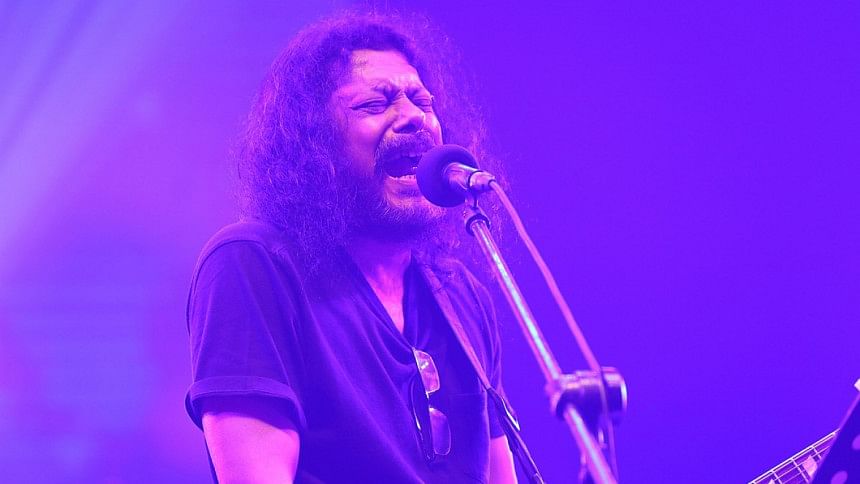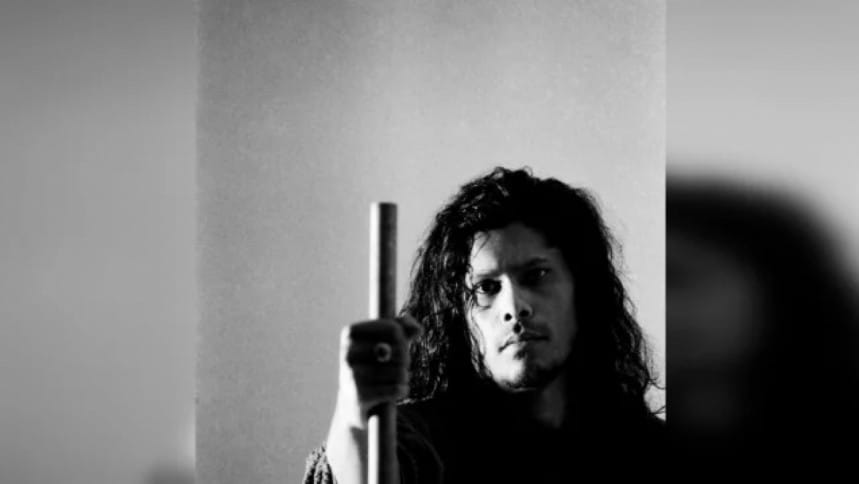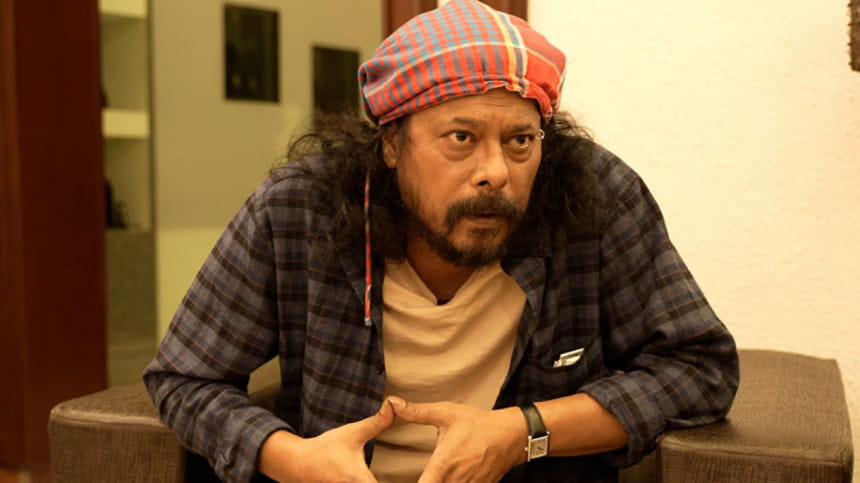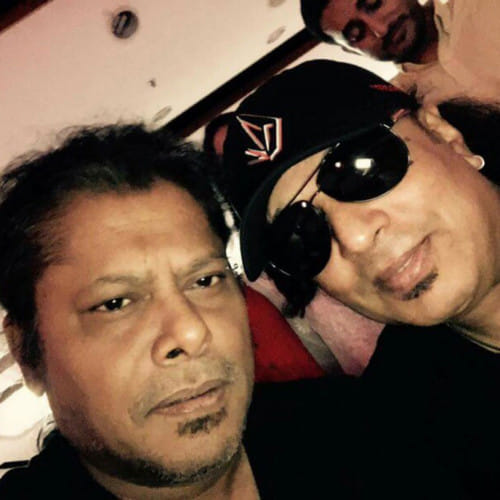James denies political ban on 'Bangladesh' song amid rising rumours

Nagarbaul James's song "Bangladesh", widely regarded as one of the most patriotic and democratic anthems ever created for the country, has sparked a new controversy. Created by Prince Mahmud and sung by the legendary James, the song features the names of nearly all the key figures involved in the formation of the nation, including both Bangabandhu Sheikh Mujibur Rahman and former president Ziaur Rahman.
Over the years, the song has transcended political divides, resonating deeply with people of all parties, ideologies, and generations. Its lyrics, melody, and James' powerful voice have consistently ignited a sense of patriotism across generations.
Recently, however, the song resurfaced in public discourse not for its enduring popularity, but for its supposed "political" implications. Following the fall of the Awami League government, a rumour began circulating on social media that James had refrained from performing Bangladesh on stage for the past eight years due to the inclusion of Shaheed Zia's name in the lyrics.

According to the claims, James was allegedly barred from performing the song during the last eight years of the Awami League's rule due to the political significance of Zia's name. This rumour quickly went viral on social media, causing widespread debate and speculation.
James, however, has finally addressed the issue, clarifying that he never made such a statement. He expressed surprise at how such misinformation could spread in his name.
According to Bangla Tribune, James' manager Robin Thakur clarified, "James has always been a professional artiste. His only focus is to connect with his audience through his music. He has no political aspirations, and it's unlikely you'll ever see him involved in any political activities. The statement attributed to him is completely false, and he never made such a remark."

In the case of the noticeable lack of performing the song over the past eight years, Robin provided more context, explaining, "The life of a professional artiste is multifaceted, something that many don't perceive or understand. Each concert has its unique audience, design, atmosphere, and demands. Before every show, an artiste tailors their playlist accordingly. The organisers of the show may also have certain checklists or requests, and audiences often make instant requests. This is how a concert is typically structured. For instance, we don't perform 'Pagla Hawa' at every concert, nor do we always perform 'Mirabai' or 'Ma'. Similarly, there have been concerts where we didn't perform 'Bangladesh'. It's an ongoing process, and there's no politics involved. Please keep us out of politics."

Robin also shared an interesting anecdote, noting that they often heard the song "Bangladesh" being played on loudspeakers during rallies, marches, and special occasions. However, they've noticed that sometimes the name "Bangabandhu" would be missing, while other times the mention of "Shaheed Zia" would be absent. "We listen and we laugh. It's disheartening as well. But at the end of the day, the song is like our child. It's painful to see it being altered to suit individual preferences. We want the full version of 'Bangladesh'," Robin remarked.
James, through Robin, made it clear that from now on, "Bangladesh" will be performed at every concert without exception. Given the recent speculations surrounding the song, they plan to start every concert with "Bangladesh," symbolising a new era for the country.

When asked what they would do if someone objected to the inclusion of "Bangabandhu" in the song, Robin, responded firmly, "This is a new Bangladesh. Everyone needs to start thinking afresh. We must move beyond political narrow-mindedness. Only then will we achieve the goals of our anti-discrimination movement."
It's worth noting that "Bangladesh" was released as part of the "Piano" album, composed and written by Prince Mahmud, with vocals by Ayub Bachchu and James. Each of them contributed vocals to five songs. The album was released on cassette by Soundtek in 2000 and later on CD.

In addition to "Bangladesh," James performed "Devdas," "Ek Nodi Jamuna," "Samadhi," and "Tumi Janle Na," while Ayub Bachchu sang "Taj Mahal," "Ey Duniya," "Guitar Ebong Gaan," "Protidaan Chai Na," and "Teen Purush." Almost all the songs on the album became hits, with "Bangladesh" evolving into a democratic anthem of patriotism.

 For all latest news, follow The Daily Star's Google News channel.
For all latest news, follow The Daily Star's Google News channel. 









Comments